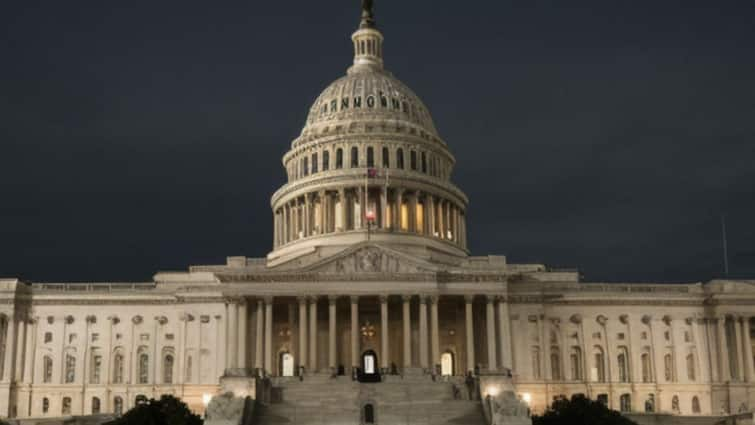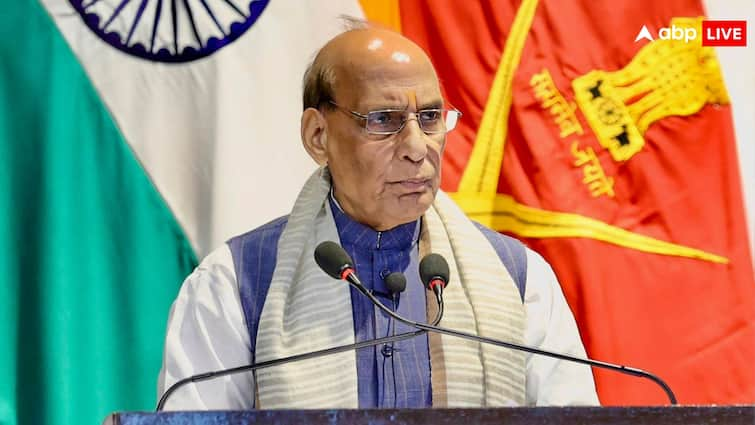Hopes of quickly ending the latest US government shutdown collapsed on Wednesday after a Senate vote failed, with Democrats standing firm on demands to extend health care subsidies that President Donald Trump and Republicans have refused to support.
The stalemate, which began just hours earlier, has plunged Washington into another round of partisan gridlock. The failed vote revealed cracks within the Democratic camp but delivered no breakthrough, leaving millions of Americans facing uncertainty over federal programs and services.
Healthcare Subsidies at the Core
At the centre of the dispute are Affordable Care Act tax credits, introduced during the COVID-19 pandemic, which have kept health insurance premiums affordable for millions. The subsidies are set to expire at the end of the year if Congress does not act, and according to a KFF analysis, their lapse would more than double monthly insurance costs for subsidised enrollees.
Democrats have made extending these credits non-negotiable, while Republicans, led by Trump, argue that the subsidies amount to taxpayer-funded “handouts” that they refuse to extend.
White House Blames Democrats
Press Secretary Karoline Leavitt accused Democrats of playing politics at the expense of American families.
“Democrats in Congress have officially shut down the US government,” she said in a briefing. “The House Republicans passed a non-partisan, clean bill to extend current government funding into November 21 — the very same bill Democrats supported six months ago, just adjusted for inflation. Nearly every Democrat senator voted against it.”
Leavitt further charged that Democrats rejected the bill because Trump and Republicans refused to “force American taxpayers to pay for free healthcare for illegal aliens,” adding that the US already faces a $37 trillion national debt.
“The Democrats jeopardised critical healthcare programmes and punished the most vulnerable,” she continued. “The Trump administration is committed to lowering healthcare costs, but we need to keep the government open and funded.”
Uncertainty Ahead
With neither side willing to back down, the shutdown — the first since 2018–2019 — could stretch on. Federal workers now face furloughs, essential services are under strain, and economic analysts warn that prolonged disruption could weigh heavily on growth and public confidence.



